Indian media reported on June 23 about the special gifts that Indian Prime Minister Narendra Modi gave to US President Joe Biden and First Lady Jill Biden during their meeting at the White House on the evening of June 21.
According to All India Radio, Mr. Modi presented Mr. Biden with an intricately carved sandalwood box. The box was crafted by a master craftsman from Jaipur (Rajasthan, India), using sandalwood sourced from Karnataka (India).
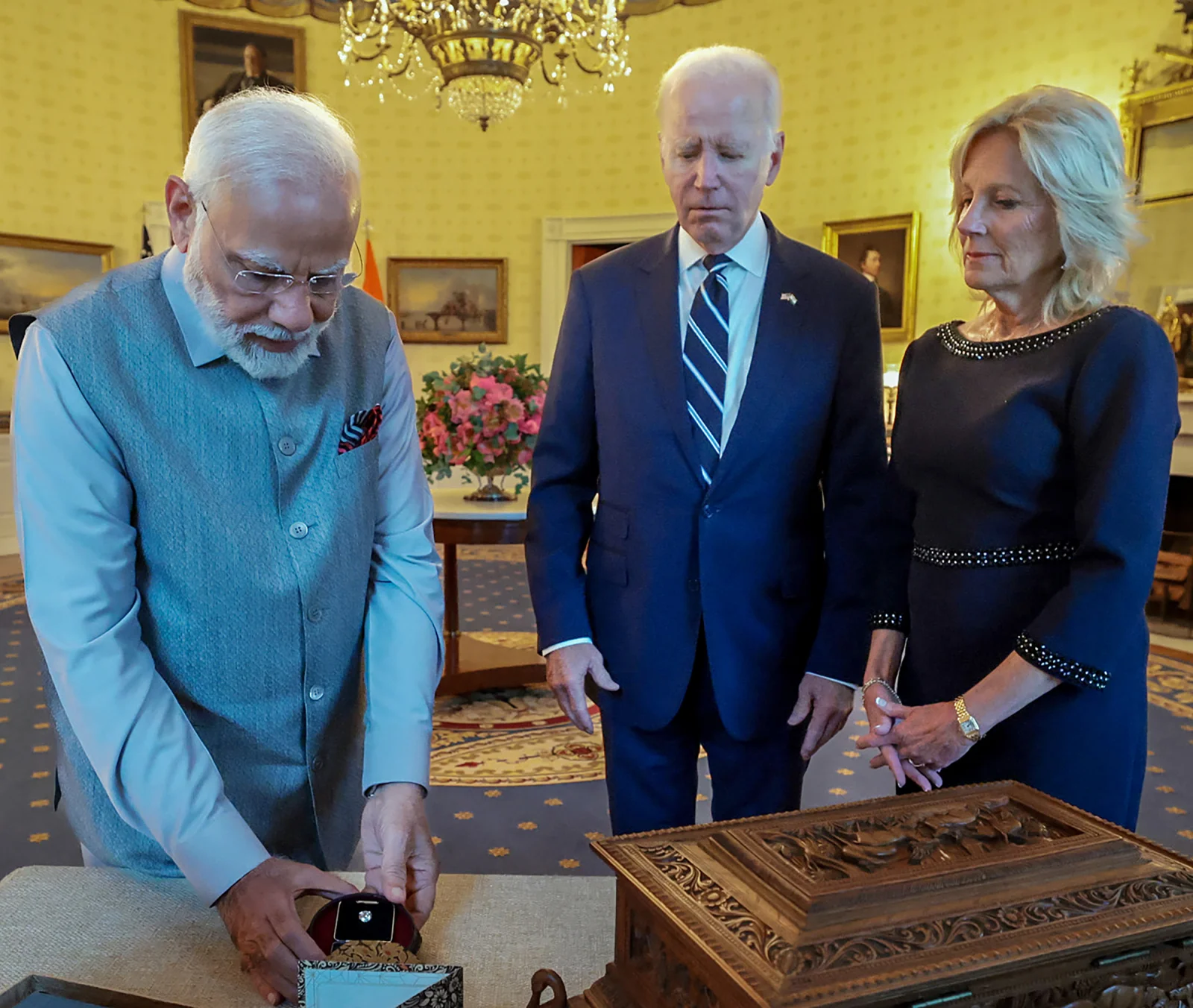
Prime Minister Narendra Modi presents US First Lady Jill Biden with a 7.5-carat blue diamond in the presence of President Joe Biden at the White House
Prime Minister Modi also personally presented President Biden with a first edition of the English translation of the Upanishads. The book, co-authored by Biden’s favorite Irish poets William Butler Yeats and Shri Purohit Swami, highlights his admiration for Indian spirituality and the influence of the great Indian poet Gurudev Rabindranath Tagore.
Among the gifts, the most interesting was a cardboard box containing a 7.5-carat blue diamond grown in a lab. According to Time magazine, this was a clever move by the Indian leader to promote and advertise the country's growing synthetic diamond industry.
Lab-grown diamonds are at the heart of India's efforts to become a leader in producing synthetic alternatives. These man-made diamonds have far lower emissions than mined diamonds.
According to India Today , the production of the diamond that Mr. Modi gifted to the Biden family produced only 0.028 grams of CO2 per carat, which is more than 100,000 times less emissions per carat than the production of a naturally mined diamond. Scientists believe that it can take more than 1 billion years to form a diamond in natural conditions. However, in a laboratory environment, the production process is much faster.
Diamonds are used for many purposes, not just jewelry. In fact, 80% of the world's diamonds are used in industrial operations. Because diamonds are an extremely strong material, they are often used in electronic devices that are designed to last, such as high-end speakers or satellites. Diamonds are also important in dentistry, because they are super hard, making them easy to drill through teeth.
Source link
























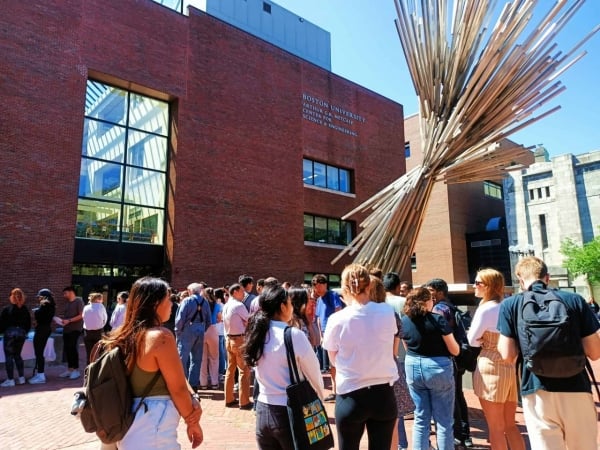

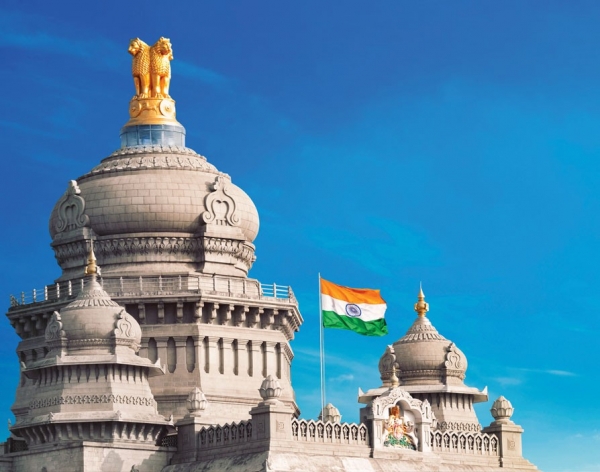
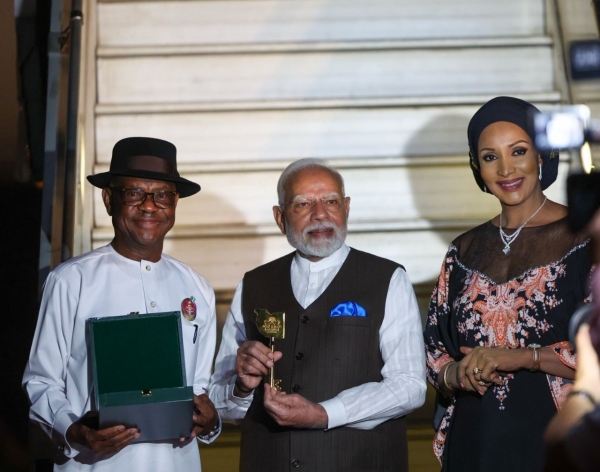












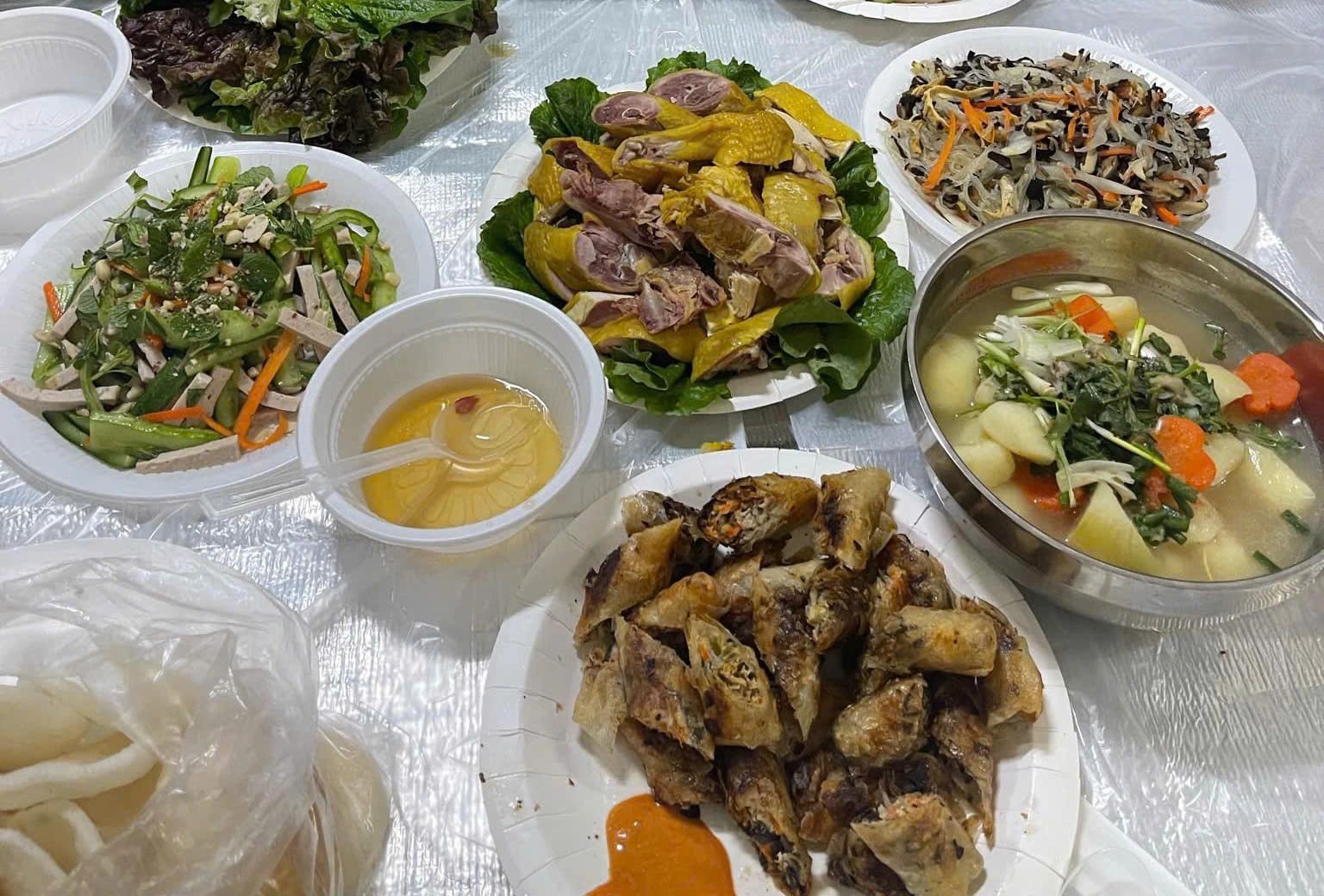






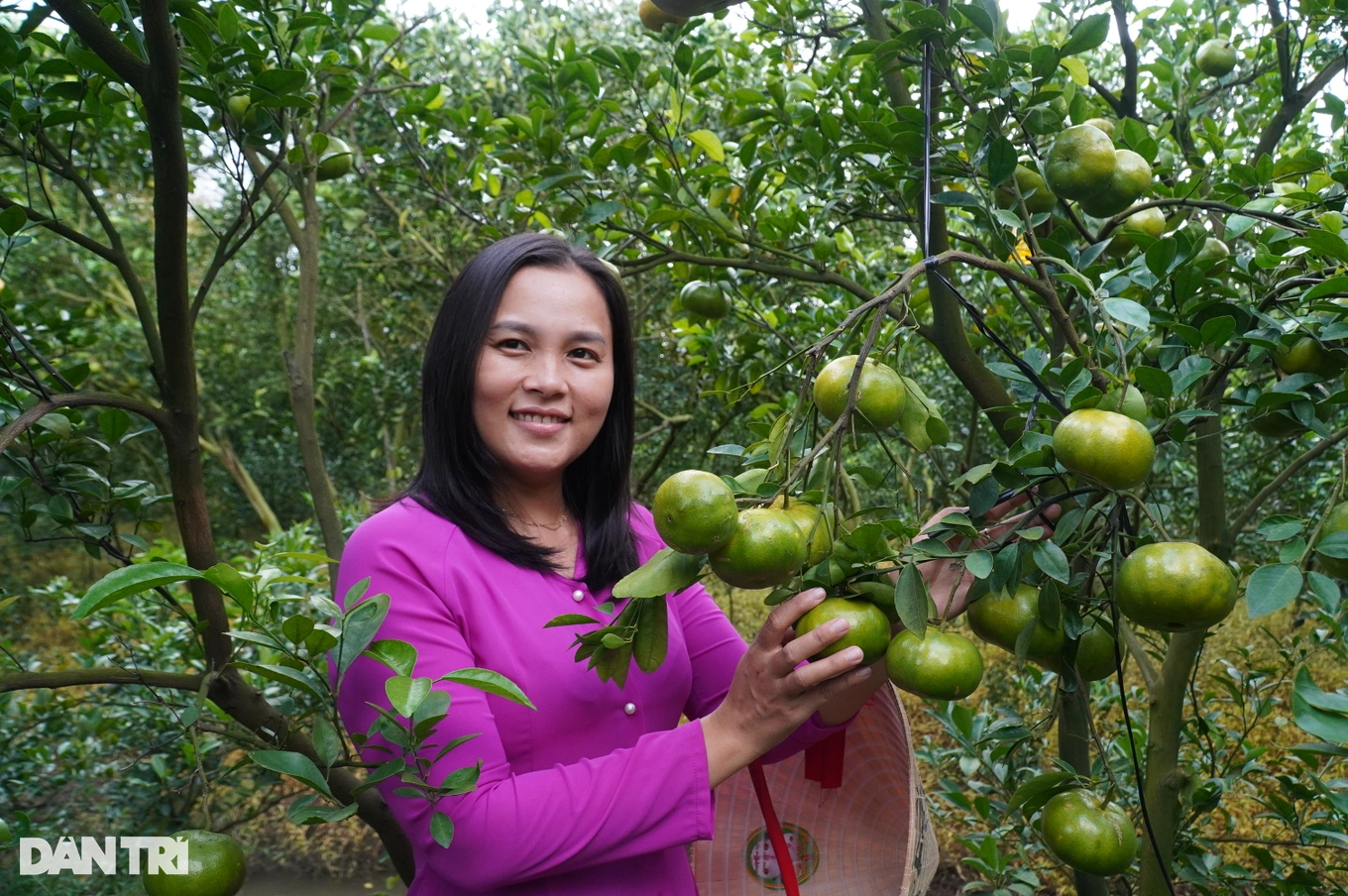








Comment (0)